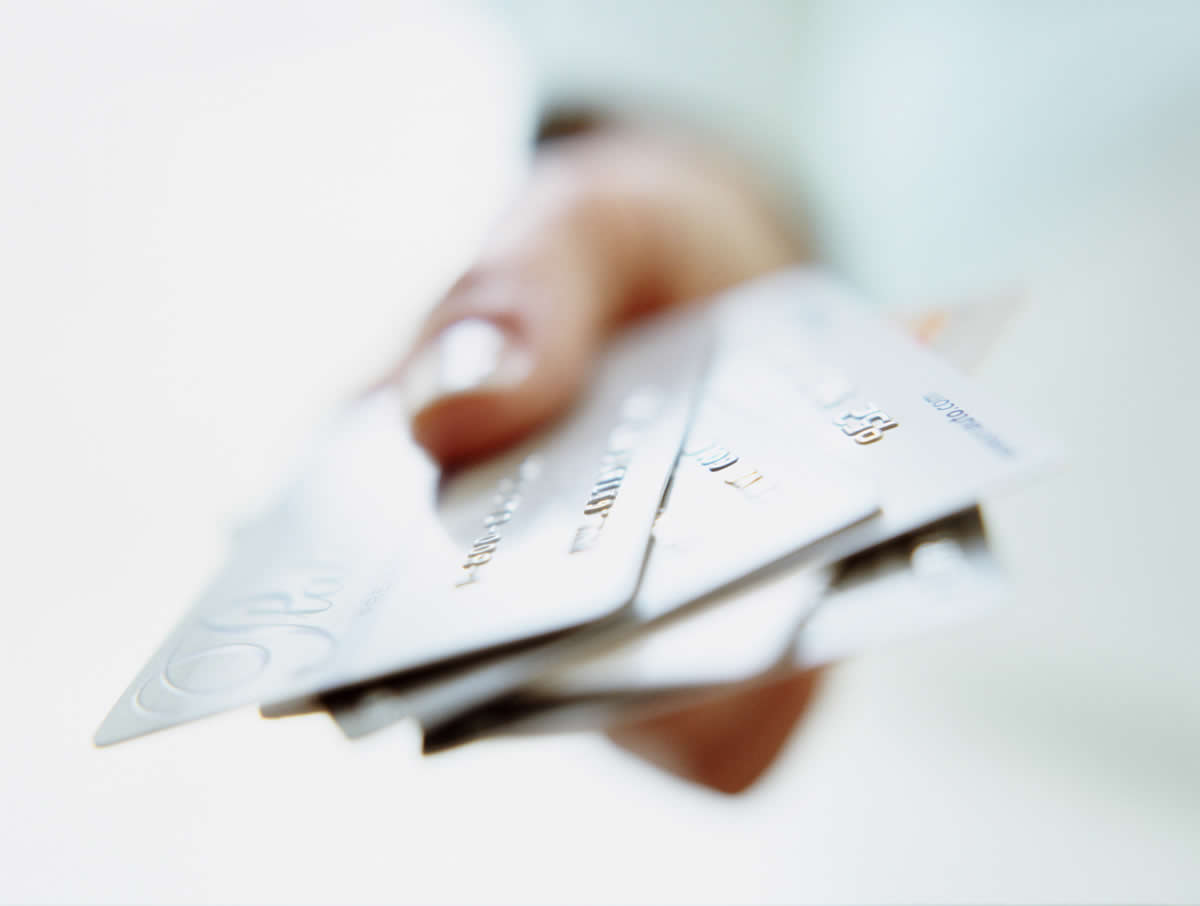Credit cards have become an essential financial tool for many individuals, offering convenience and flexibility in managing expenses. However, failing to make credit card payments on time can lead to a series of issues that can have a significant impact on your financial well-being. In this article, we will explore the various problems that can arise when unable to pay credit card bills promptly and discuss potential solutions to navigate through financial hardships.
Credit Card Late Fees and Increased Interest Rates
One of the immediate consequences of missing a credit card payment is the imposition of late fees. These fees can range from $25 to $35 and are added to the outstanding balance. Alongside late fees, credit card companies may also increase the interest rate on your balance, making it more challenging to pay off your debt over time. The accumulation of late fees and high-interest rates can quickly lead to a mounting debt that becomes difficult to manage.
A missed credit card payment can result in a negative mark on your credit report, signaling to lenders that you are not meeting your financial obligations on time. This negative mark can significantly impact your credit score, leading to a reduced credit rating. A lower credit score can limit your access to credit in the future, making it harder to obtain loans, mortgages, or credit cards. Additionally, it may result in higher interest rates and less favorable terms when seeking credit.
If you continue to miss credit card payments over an extended period, you risk falling into an escalating debt cycle. As the balance grows, and interest compounds, it becomes increasingly challenging to catch up with payments. This cycle can be overwhelming and may lead to feelings of financial stress and anxiety.
As delinquency on credit card payments continues, creditors may resort to more aggressive measures to collect the debt. This can include repeated collection calls and emails, demanding immediate payment. In some cases, creditors may take legal action to recover the outstanding balance, leading to potential lawsuits and further financial strain.
Credit Card Cancellation
Persistently missing credit card payments may result in the cancellation of your credit card. When a credit card is canceled, it not only affects your credit score but also removes a valuable financial tool that you may have relied on for emergencies or essential purchases.
In the most severe cases of credit card payment issues, bankruptcy may become a reality. Bankruptcy is a legal process that provides individuals with financial relief by discharging certain debts or creating a structured repayment plan. However, declaring bankruptcy has significant and long-lasting consequences on your credit score and financial standing. It should be considered as a last resort after exploring all other available options.
Devising a Payment Plan
If you find yourself facing financial hardships and unable to meet credit card payments, it is crucial to take proactive steps to address the situation. Instead of ignoring the problem, consider reaching out to your creditor to discuss your financial difficulties. Many credit card companies are willing to work with customers to create a reasonable payment plan that accommodates their current financial situation.
Seeking Professional Help
If you feel overwhelmed by your financial situation and find it challenging to negotiate with creditors, seeking assistance from a credit counseling agency may be beneficial. Credit counselors can review your financial situation, provide personalized advice, and help you create a debt management plan to regain control of your finances.
To avoid credit card payment issues in the future, it is essential to practice sound financial management. Create a budget that outlines your income, expenses, and debt obligations. Stick to this budget to ensure that you can meet your financial responsibilities, including credit card payments, on time.
Conclusion
While credit cards can be valuable financial tools, failing to pay credit card bills on time can lead to a host of problems. Late fees, increased interest rates, and a negative impact on your credit score are just some of the consequences you may face. It is essential to address credit card payment issues proactively by communicating with your creditors, devising a payment plan, and seeking professional help if needed. Additionally, practicing good financial habits, such as budgeting and financial discipline, can prevent credit card payment issues in the future and lead to a healthier financial future.

